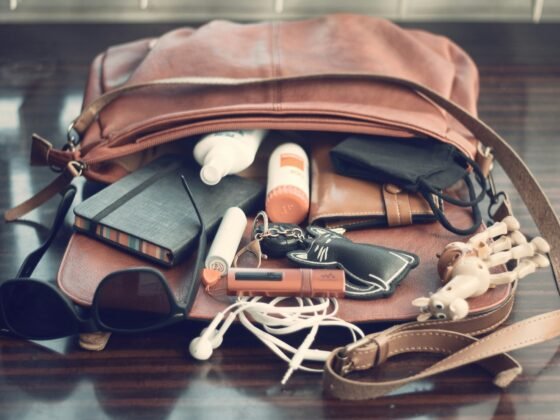When was the last time your family went on a road trip? If you haven’t been on one in a while, it may be a good time to start planning. After all, family road trips are budget-friendly, let you set the itinerary, and they’re are an ideal way to bring the family closer together. Depending on your style and where you plan to go, you can even bring the family pet. But while family road trips are a great way to bond and explore the country, it’s important to be prepared. These 4 safety tips will ensure your family is ready for anything the open road throws your way, so you can journey on worry free.
Make Maintenance A Priority
Before you set out on a road trip, one of the most important things you can do is ensure that your car is in good working order. Change the oil and check the air pressure in the tires, change the windshield wipers, and check that your battery is free of corrosion or other signs of wear. If you’re going to be spending a lot of time in rural areas or traveling for a long time, you might want to consider buying an extra battery and some extra headlight bulbs, as well as investing in an emergency kit with jumper cables, a jack, and other maintenance tools.
Put Your Documents In Order
Emergencies can happen no matter where you are, from car accidents to sudden illnesses. When planning a road trip, create a file of all the important documents you’ll need, including insurance cards, IDs, emergency contacts, and vehicle information. If you’re involved in a car accident and need to file a claim but you’re away from home, you’ll want to be sure you have all the information you need to complete the process. Similarly, you don’t want to land in an ER without the appropriate documentation to receive care and have it covered by your insurance.
Check Your Car Seats
Did you know that as many as 75% of car seats are incorrectly installed? It’s a common problem, even with the LATCH system. Additionally, many children aren’t in the right size or type of seat for their age and while older children may balk at being confined to a booster seat, such restraints are critical for their safety. New advice recommends that children be kept in rear facing car seats until age two, and if you already have your child facing forward, you’ll want to switch them back a few weeks before your trip so that they have time to adjust.
Know What You’re Towing
When embarking on a longer road trip, many families opt to tow some type of trailer behind their vehicle, especially if there isn’t enough room for everything in their car, and there’s nothing wrong with dragging along some extra supplies. If you don’t regularly tow a trailer, however, it’s important to review the best practices for safe towing. Remember that you’ll need to leave extra room when stopping and turning, make sure that your hitch is secure, and practice towing your trailer on familiar roads so that you can get a feel for what it’s like driving with this extra load.
If you’re well prepared for your road trip, the biggest challenge you’re likely to encounter is keeping your kids from bickering in the backseat. Still, better to be safe than sorry – you want to travel with total peace of mind.












